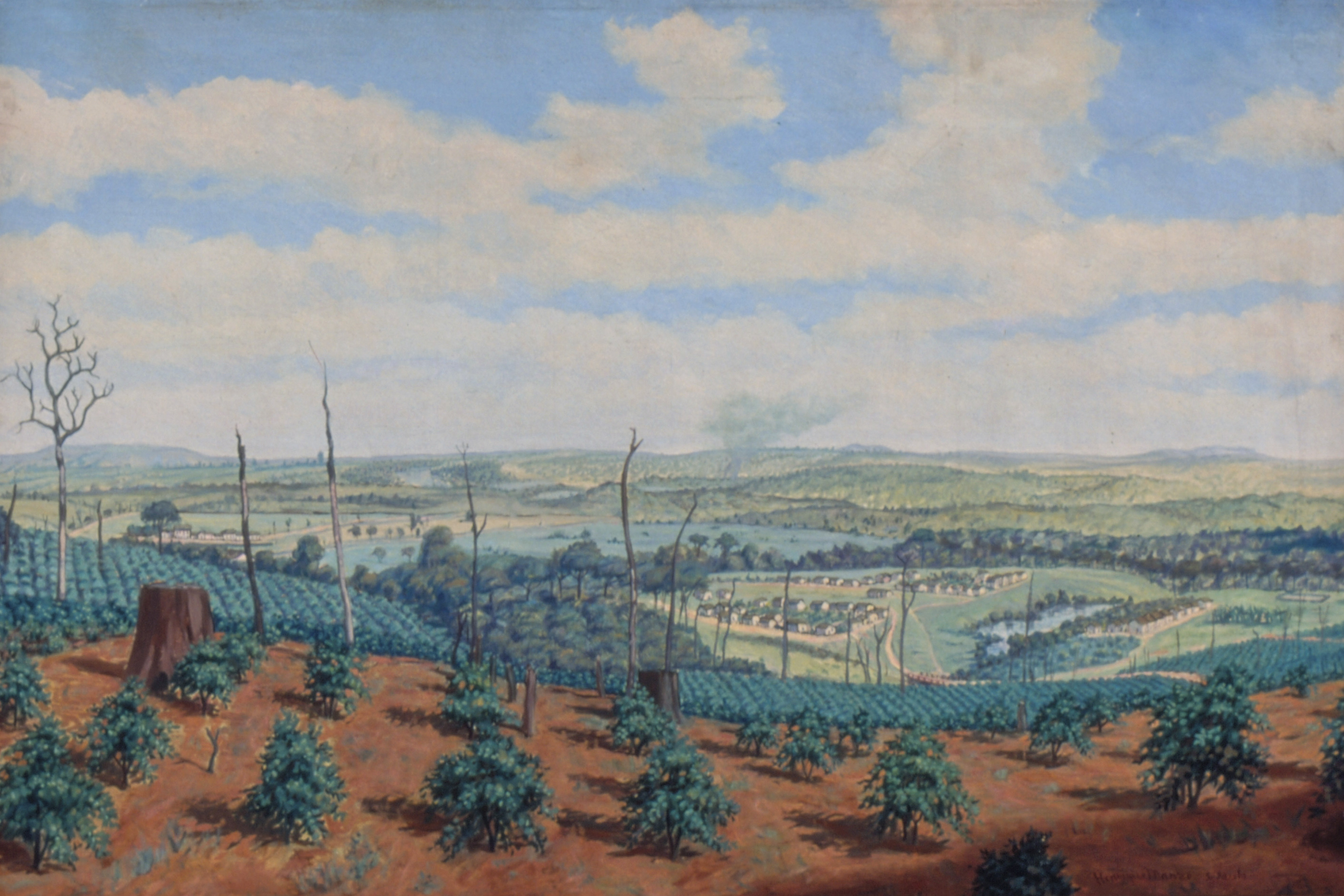
Scientists identify wines based on their chemical fingerprint

Researchers in Geneva have been able to determine the exact origin of a wine based on its chemical signature. The University of Geneva announced on Tuesday that they have succeeded in doing what many experts had previously tried to do.
According to the university, this technology could help to prevent wine counterfeiting.
The researchers have succeeded in identifying red wine by applying artificial intelligence (AI) to existing data. As they showed in a study in the journal Communications Chemistry, 80 wines from seven wineries in Bordeaux, France, and with 12 different vintages (1999-2007) could be identified with an accuracy of 100%.
+ Vintage year for Swiss wines recovering from the doldrums
The AI recognises patterns in the complex mixture of thousands of molecules that make up each wine. The concentrations of these molecules vary from wine to wine. They can be influenced by the smallest differences, such as the grape variety, the nature of the soil on which the grapes were grown or the winemakers’ working methods. This creates a kind of chemical fingerprint for each wine.
‘Needle in a haystack’
Recognising differences between different wines in these fingerprints, the chemical signature, is like looking for a needle in a haystack, explained study author Alexandre Pouget from the University of Geneva in the press release. According to the researchers, a so-called chromatogram, a chemical analysis of a wine, consists of up to 30,000 different points.
Using AI, the research team from the University of Geneva, together with researchers from the University of Bordeaux, was able to analyse the entire chromatogram of wines and display it in a diagram with two axes.
The diagram then showed clouds of dots, as the researchers explained in the press release. Each of these clouds grouped different vintages of wines from a particular vineyard based on their chemical similarities.
“This allowed us to show that each winery has its own chemical signature,” said co-author Stéphanie Marchand from the University of Bordeaux. In their analyses, the researchers also discovered that the chemical identity of these wines is not determined by the concentration of a few specific molecules, but by a broad chemical spectrum.
This news story has been written and carefully fact-checked by an external editorial team. At SWI swissinfo.ch we select the most relevant news for an international audience and use automatic translation tools such as DeepL to translate it into English. Providing you with automatically translated news gives us the time to write more in-depth articles. You can find them here.
If you want to know more about how we work, have a look here, and if you have feedback on this news story please write to english@swissinfo.ch.

In compliance with the JTI standards
More: SWI swissinfo.ch certified by the Journalism Trust Initiative






























You can find an overview of ongoing debates with our journalists here . Please join us!
If you want to start a conversation about a topic raised in this article or want to report factual errors, email us at english@swissinfo.ch.